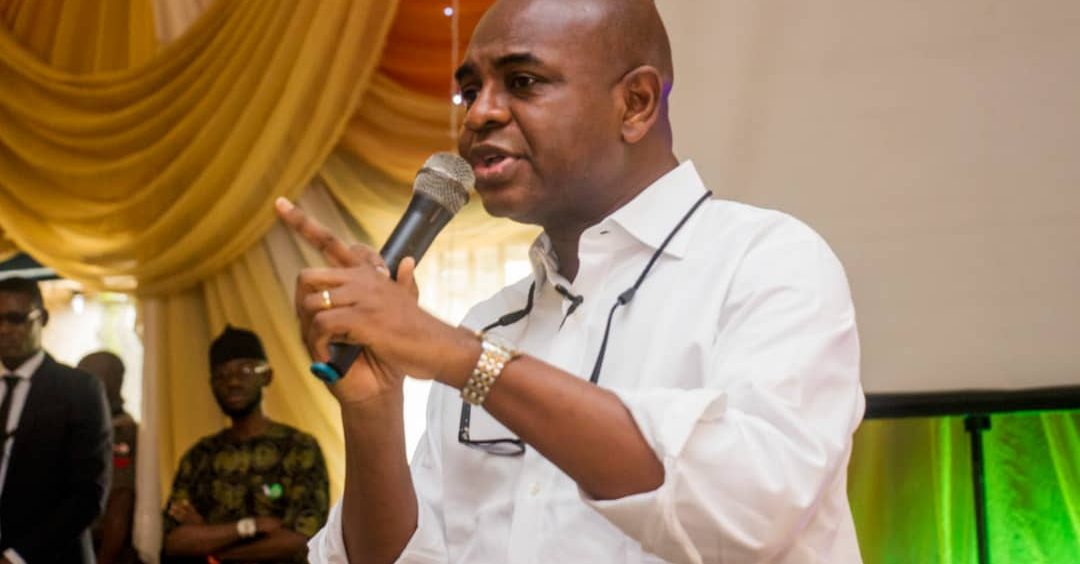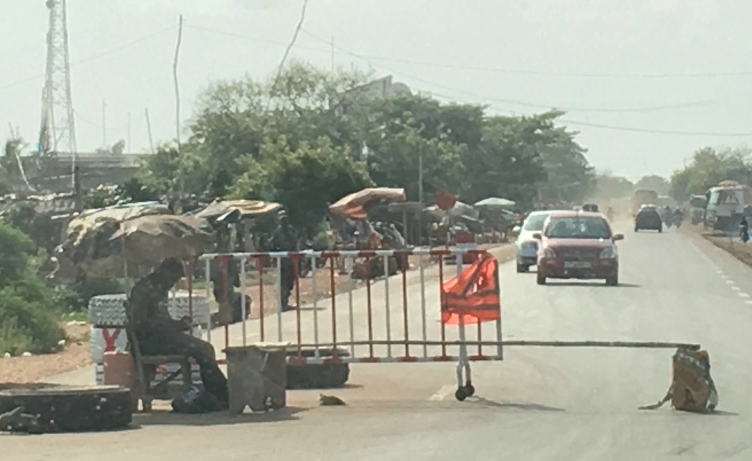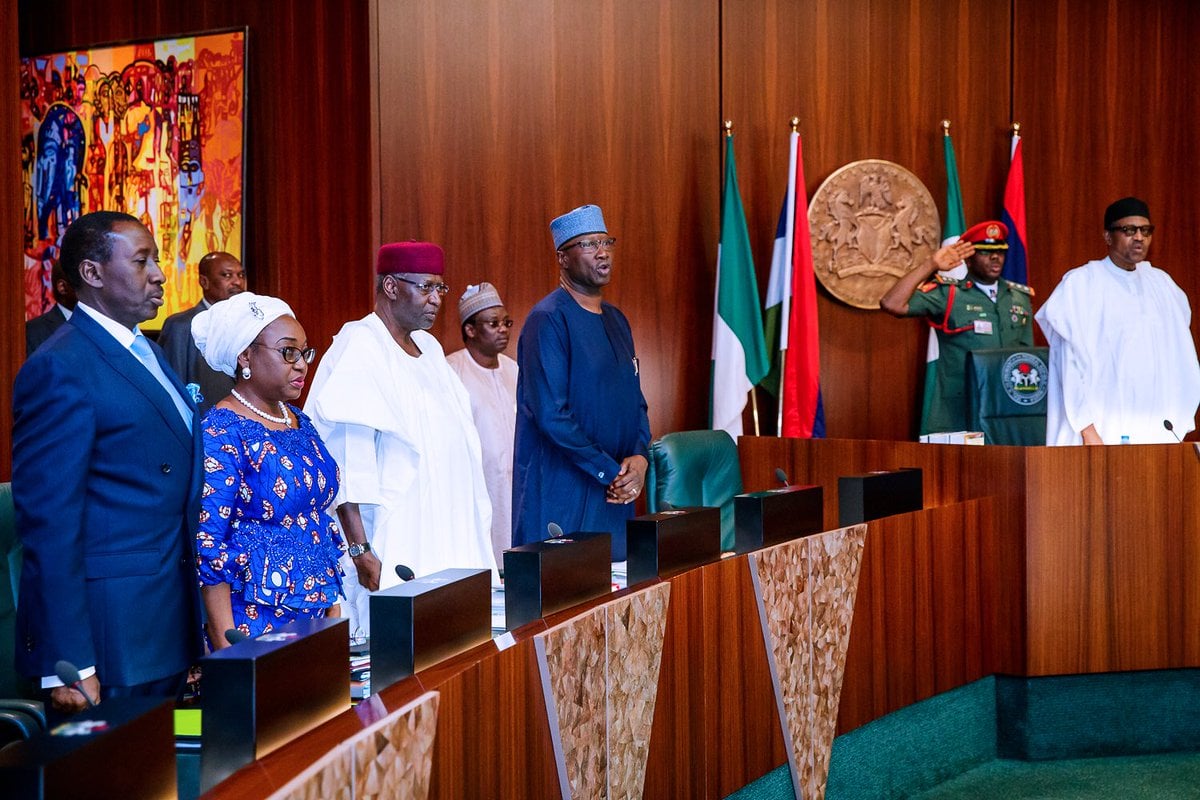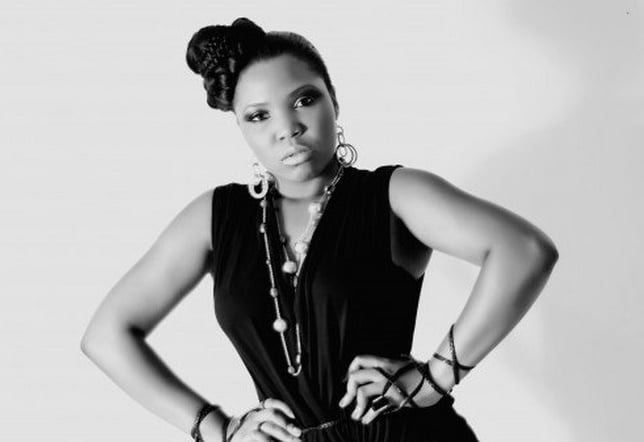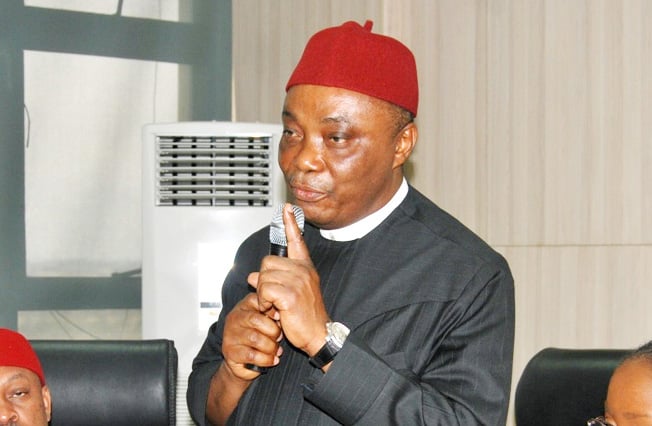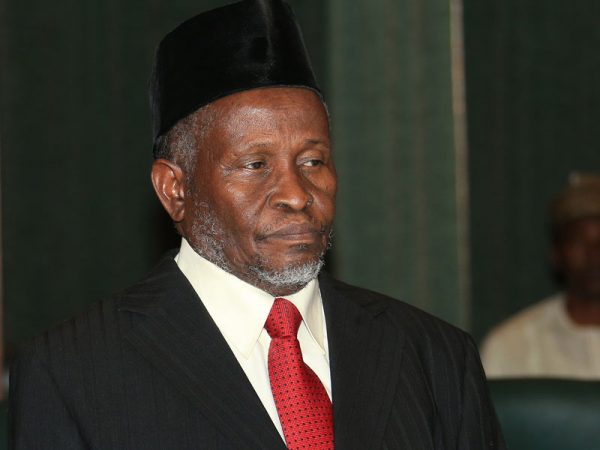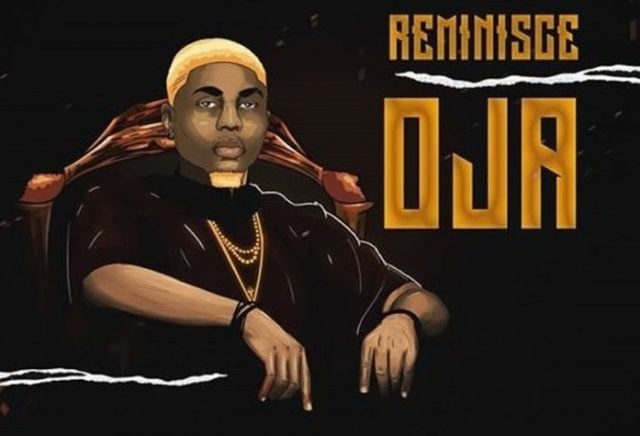Kingsley Moghalu
Kingsley Moghalu, presidential candidate of the Young Progressive Party (YPP), has alleged that his party’s votes were stolen, suppressed and diverted during the February 23 election.
Speaking with The Interview, an online news platform, Moghalu said he had credible indications of the electoral fraud.
According to the result announced by the Independent National Electoral Commission (INEC), Moghalu polled 21,886 votes.
The YPP presidential candidate dismissed the figure but said he would not challenge the result of the election at the tribunal.
Advertisement
He said his focus now will be on campaigning for electoral reforms, adding that even though he was disappointed by the result of the election, it was a reflection of the mindset of Nigerians.
“As the presidential candidate of the YPP my personal view was that, although the election was marred by many irregularities, the question of going to court is neither here nor there as a practical matter,” Moghalu said.
“If we had come second to the candidate that was declared the winner, then it would make practical sense to go to court. But that’s not the case, and the candidate that came second is already in court, so my own effort from now on will be to campaign for fundamental electoral reforms that solve the problems at their root.
Advertisement
“The truth is that the results announced for YPP in the presidential election were not our actual results.
“This is so even though our actual results would still not have won at the ballot, based on the point I just made about where the society is at this point.
“Nevertheless, our votes were stolen, suppressed, diverted, and we had many credible indications of this. You see, my candidacy was particularly targeted by the status quo because they took it seriously, again because of the credibility of the candidate.”
Moghalu said he was targeted by those who felt threatened by his message, after which they launched a wave of fake news attacks that he had stepped down for the two front-runners.
Advertisement
“I was the only presidential candidate targeted with such a massive fake news campaign a few days to the election,” he said.
“Although we issued statements rebutting these fake news, these campaigns of course also depressed our votes because many people in the Northern States (Buhari’s voting base) and the Southern states (Atiku’s main voters) believed it.
“Yes, I was disappointed. But I also understood why that happened. The first point is that the result of the election reflects the mindset of Nigerians as of the 2019 elections, so anyone that complains should first look in the mirror.”
Advertisement
Add a comment

